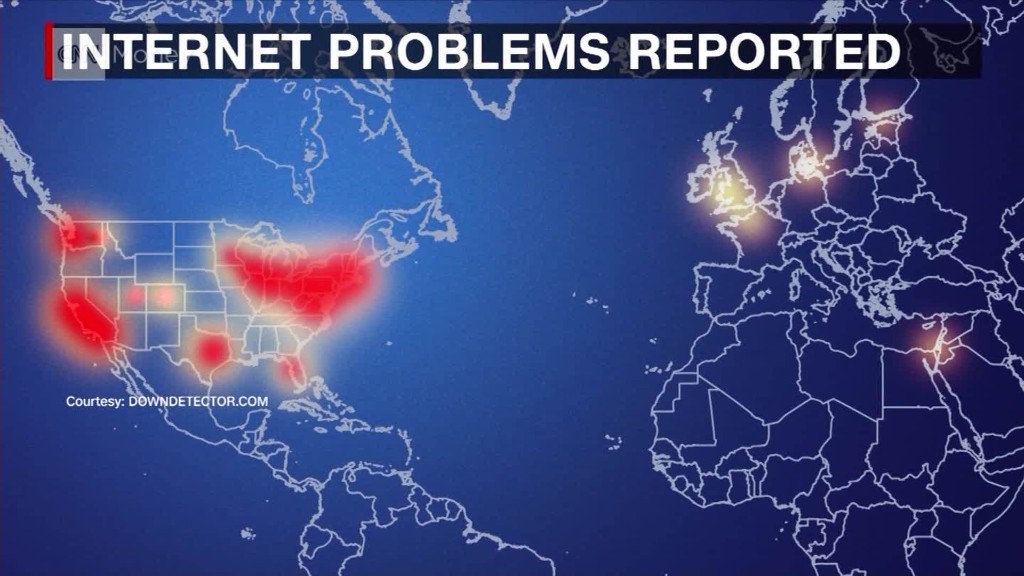
When people built the internet, they forgot about the bad guys. At least, that's according to Eric Schmidt, executive chairman of Alphabet and former Google (GOOG) CEO.
At the RSA security conference in San Francisco on Wednesday, Schmidt spoke about the early days of his career building a network and mail system in the late 1970s while in a Masters program at the University of California, Berkeley. He touched on why internet security is still an ongoing issue, and why it's not completely secure by default.
"We now find ourselves back fixing it over and over again," Schmidt said. "You keep saying, 'Why didn't we think about this?' Well the answer is, it didn't occur to us that there were criminals."
Hacking, stealing information and data breaches are common problems, and many people still don't implement basic security features, such as strong passwords and two-factor authentication. And as more things become connected to the internet -- like TVs and fridges -- insecure gadgets in our home can be used as a network of bots that can take down major websites.
Related: Your data is not safe. Here's how to lock it down
Schmidt has said before that he and other early internet pioneers forgot to consider people who might use it for nefarious purposes.
But internet companies still struggle to account for all the ways people might use their platforms.
Twitter (TWTR), a way to send 140-character blasts about what you're eating for breakfast, morphed into a platform that elevates millions of voices, including harassers, racists and people inciting violence.
The social media company was late on reacting to this behavior, and it's still trying to wrestle with its ethos of supporting free speech and policing harmful behavior.
Facebook, too, has experienced consequences its founders likely didn't predict when launching as a platform for college students to connect.
Fake news proliferates so much that the company now has to let users know what they're reading is false. And despite founder Mark Zuckerberg denying Facebook (FB) is a media company, it's evolved to be a key distributor of news and information, including launching its own video apps this week.
As the Internet and companies built upon it continue to be used in new, unexpected ways, builders must account for behaviors outside of their own. No one will create a problem-free network. But by listening to and implementing diverse perspectives into the services people build, it may be possible to stop bad behavior before it affects literally everyone who uses the service.

